'Imagine finding out in a newspaper that your rapist is back on the streets'
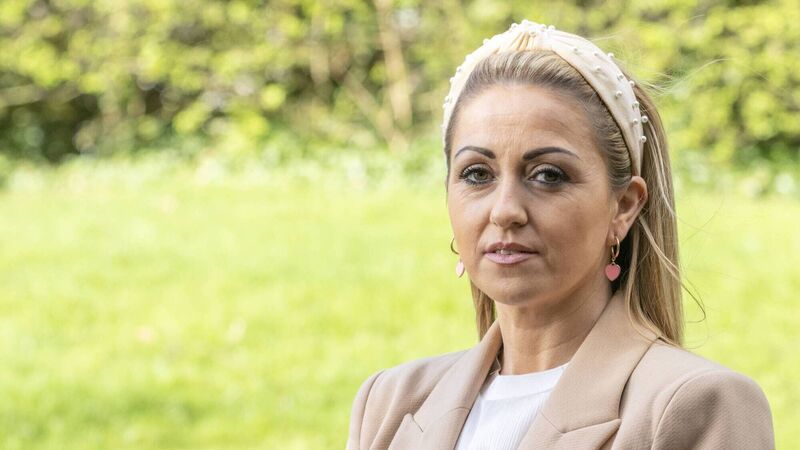
Michelle Cullen's world 'turned upside down' when the man who raped her was freed. Picture: NW Newspix
Michelle Cullen only found out that the man who had raped her as a child was back on the streets when her mother telephoned her to say she had read it in a national newspaper.
Hugh Baxter, 71, was jailed in 2017 for sexually assaulting Michelle in the 1990s at a number of locations, including his home in Co Dublin and Ms Cullen’s house in Co Donegal.
Despite the tough experience of going through court and succeeding in helping put him behind bars, nobody told her when the man who had subjected her to such a horrific experience was freed.
All victims of crime are entitled to learn when their attacker is being released, but they have to sign up to an opt-in service within the prison system.
The unit itself actively promotes its work and last year representatives from the Prison Service, as well as the Department of Justice, Irish Courts Service, Legal Aid Board, and the Crime Victims Helpline had a stand at the National Ploughing Championships over three days.
Despite the availability of the service, after a perpetrator is jailed, victims of any crime can be too “shocked or distressed” to digest the information given to them.
Ms Cullen told the that she had “no idea” there was a victim liaison office.
“My mother rang me to say he was out, and my first thought was, is this a joke, as I thought I would have been contacted”, she said.
"My whole world literally turned upside down for them 48 hours. I was a complete wreck again.
“I rang the gardaí, who said it was a matter for the prison service. I could have been told about the service before, but I wouldn’t have remembered because court is a very emotional time. I do know about it now and would like others to know," she said.
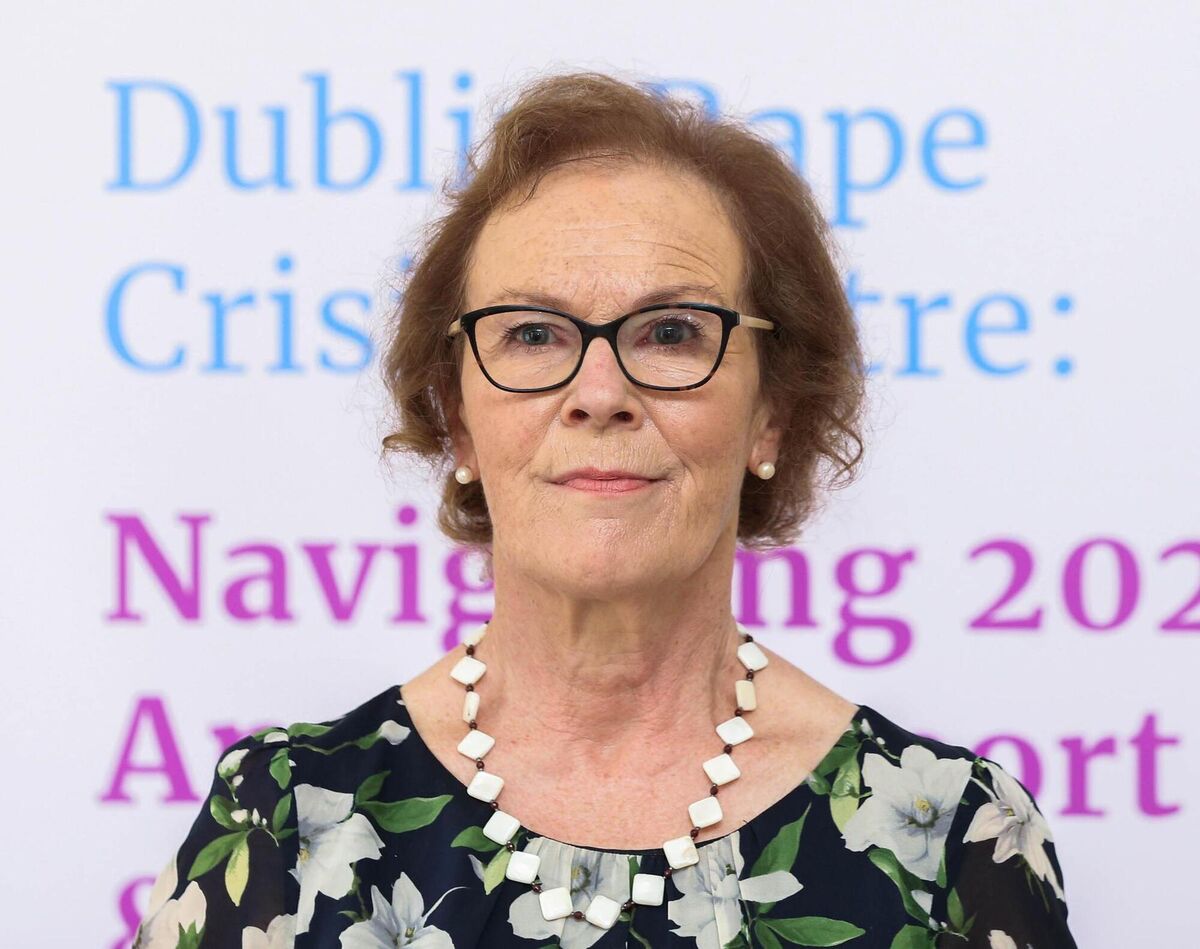
Ms Cullen is now backing calls by Noeline Blackwell, CEO of the Dublin Rape Crisis Centre, who said we “all must play our role in supporting victims”.
“The experience of our accompaniments is that victims are shocked and traumatised, and much is happening for them at the time,” Ms Blackwell told the .
She said the Irish Prison Service does not have victims' details unless they register with it.
“There could be a role for a family member or friend to step in. It could also be a role for a social worker," she said.
“The problem actually is where the victim shuts it out and doesn’t understand and doesn’t want to register and then they forget about the day when the prisoner is due for release.”
In April the Dublin Rape Crisis Centre launched a new online guide to help victims of sexual violence to navigate the criminal justice system.
The ‘Finding your way after Sexual Violence’ guide also provides information about the prison service's victim liaison office.
Stephen Kershaw fought for years to put his uncle Brian Doolan, a former criminal barrister and senior lecturer at Dublin Institute of Technology, behind bars for rape.
The lone adoptive father had written seven legal texts on Principles of Law and was convicted in 2013 of raping his nephew Stephen, who was just 12 at the time of the offence.
Doolan was released in 2020 and died in March this year.
He had fought for a year to prevent Mr Kershaw from naming him in court — something that a victim is also legally entitled to do.
“He was jailed in 2013 for 42 convictions and he got more in 2016, two [years] were suspended so he probably should have served, just under eight," said Mr Kershaw from Co. Dublin.
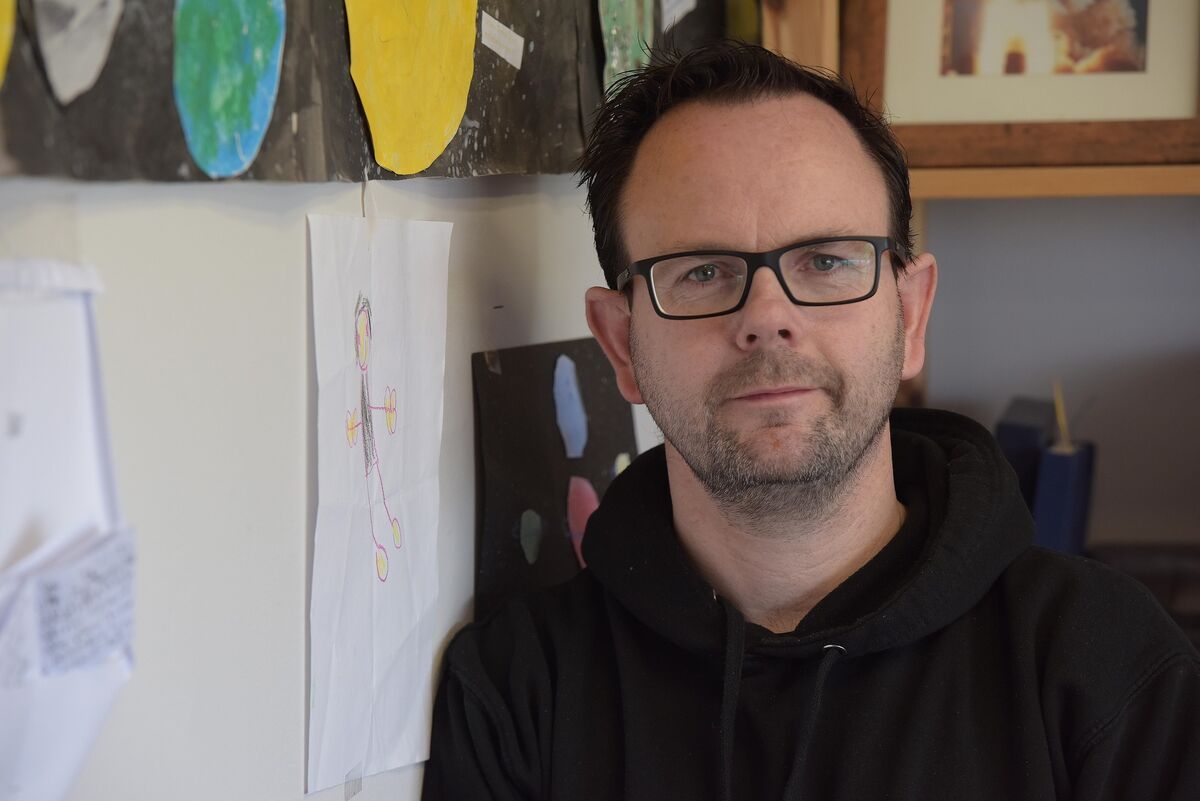
“I wondered how I’d act if I met him on the street. Then I thought, that it’s his problem, not mine.
“I think I would have been shocked more had the prison service contacted me to say he’s getting out. The fact he was out ages and we don’t know how or when, then it might have been easier.
“I didn’t know about the victim liaison office in the prison service. But I have been in counselling with One in Four and I am doing great, and I know about it now," said Mr Kershaw.
“I know I am fortunate. Being in court is desperate, the way they do it, but I did get it into court and got the conviction so I think I am lucky. I can’t change anything."
Shaneda Daly, 48, from Shannon in Co Clare, is the founder of the group Survivors Side by Side.
Her father, former prison officer Harry Daly, was jailed in 2011 for raping her.
He signed 227 pleas, 103 of indecent assault, 24 of sex assault, and the remainder were charges of different forms of rape, including oral rape.
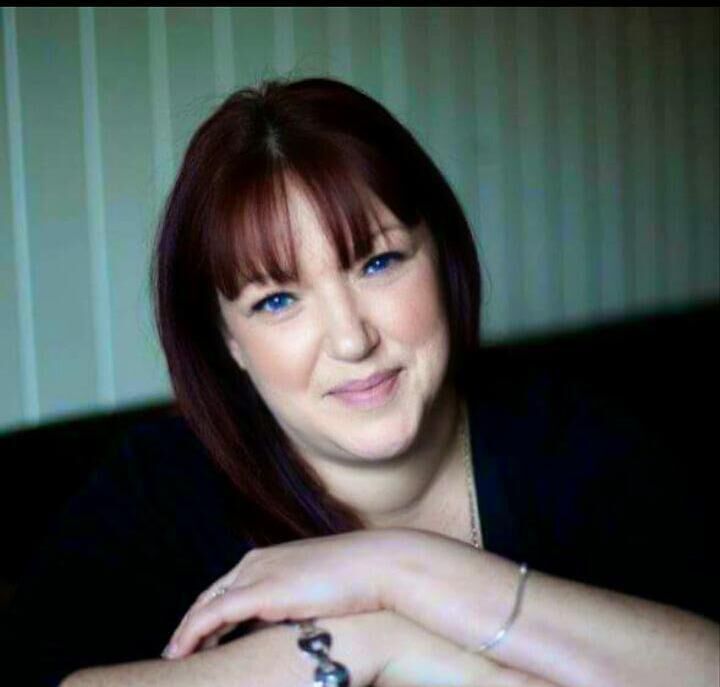
Shaneda said despite her father working in the prison service, she never knew about the victim liaison office.
“At the time, any leaflets or anything I got I just put it in the bin,” she said. “I think the information about the release of a prisoner in particular should be mandatory.
“I knew my father’s release date because I visited him in prison and he told me, but I got a phone call the day after he was released that he was out and I am glad that I had the date; it helped me to cope better."
Co Tipperary sisters Emma and Vanessa Witherow had been in touch with the Irish Prison Service but told the that they still did not know about the release of their stepfather, who had abused them.
John Joe Patterson, 63, was jailed for sexual crimes against his two stepdaughters and was released in 2020.
“My experience with the liaison officer was very poor as through the whole sentence I was emailed once, to say who the officer was," Emma, 35, told the .
“He didn’t inform me of the release date. It was a member of the media who contacted me about it and that made me angry, anxious, and upset at the service.
“Survivors need to feel protected by the system. Every survivor is different," she said.
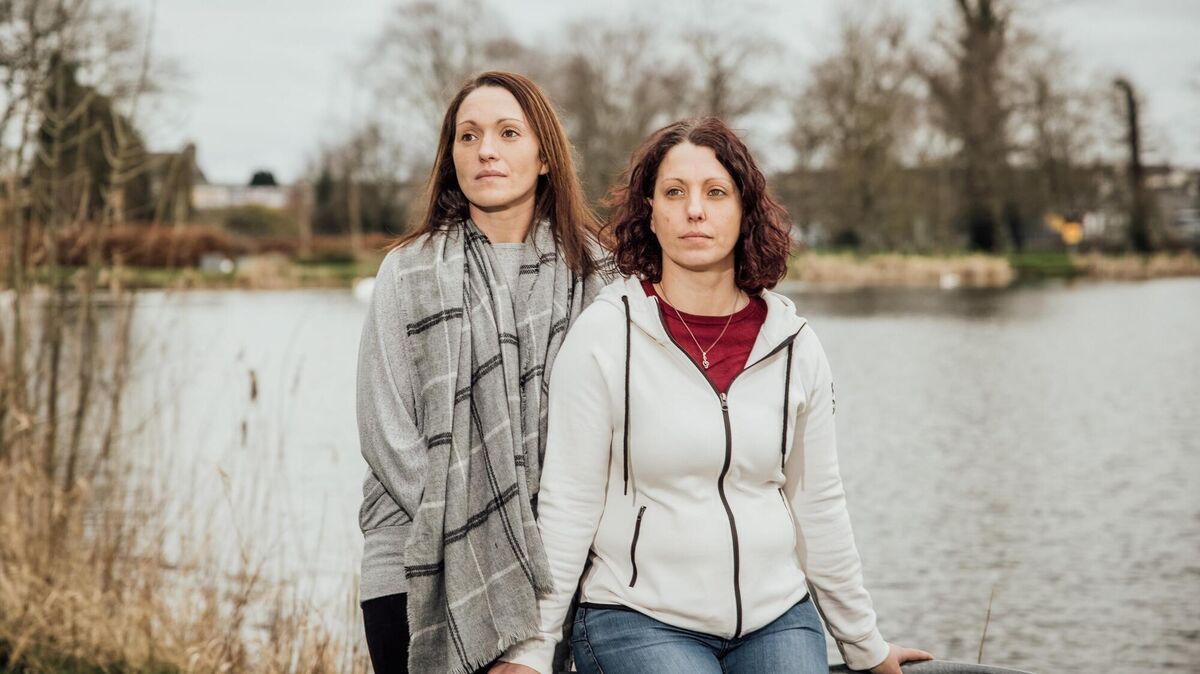
Her sister Vanessa, 32, said: “They didn't inform us of anything. We again had to make contact if we had questions.
“When John Joe went to a funeral we didn't know if he was out or not. Nobody informed us. We had to ring and leave a message — nobody got back to us.
"We have an issue with the overall system and the sentences," she said. "I think the whole system needs to change."
A spokesperson for the Department of Justice said: “It is important to emphasise that the Victim Liaison Service provided by the Irish Prison Service is a voluntary service.
"It is a matter for the victim or their families to choose if they want to receive information from the Victim Liaison Service about aspects of the sentence management of a prisoner. They can register with the service at any stage during the prisoner’s sentence and can also change their mind and 'opt‐out' of the service at any time.
“The victim of crime, a member of their family, or a third-party person acting on their behalf has the right to register with the Irish Prison Service Victims Liaison Office [VLO]. This is an opt-in service in recognition of the fact that some victims may want to be kept informed, while other victims may choose not to be, for personal reasons."
- Details of the Victim Liaison service are on the Irish Prison Service website https://www.irishprisons.ie/victim-liaison/
- The Dublin Rape Crisis Centre's Find Your Way service can be accessed here.





